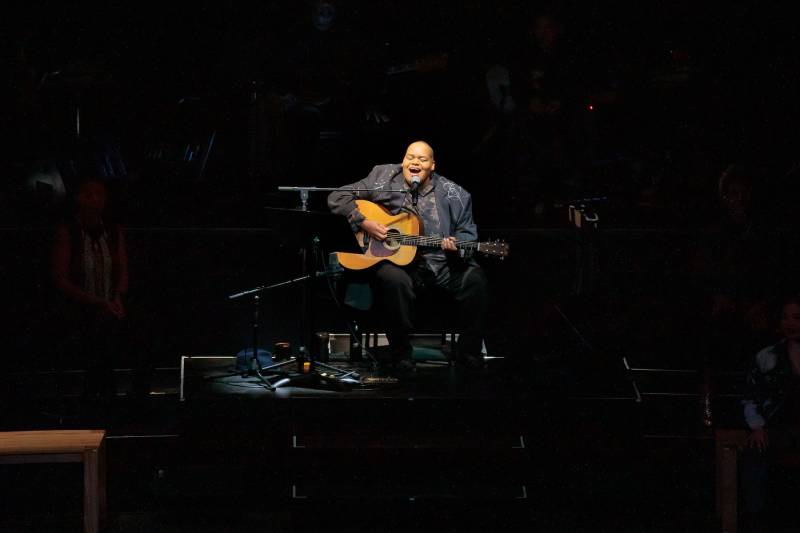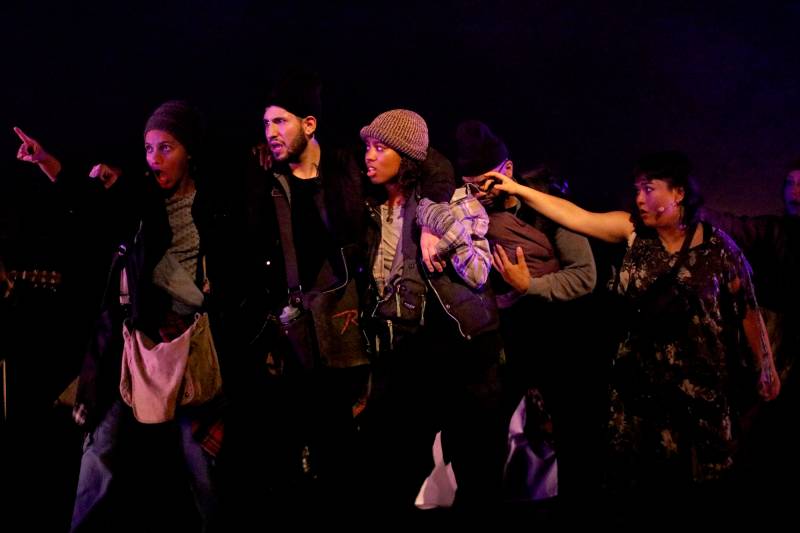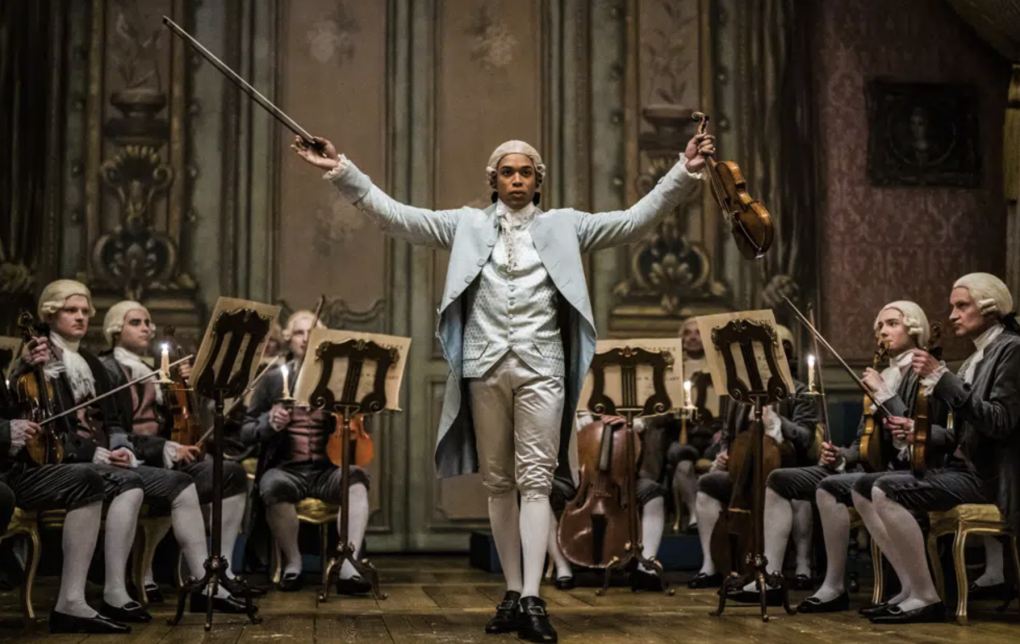All that you touch
You Change.
All that you Change
Changes you.
The only lasting truth
Is Change.
God
Is Change.
Earthseed: The Books of the Living
Saturday, July 20, 2024
One thing that’s changed since Octavia E. Butler first published her 1993 dystopian masterpiece Parable of the Sower is that her prescience has come more clearly and disturbingly into focus. Hailed as a landmark of Afrofuturism, the novel and its sequel, 1998’s Parable of the Talents, read increasingly like tomorrow’s headlines.
Unfolding in the journal of teenaged Lauren Olamina, a character with all the revelatory power of Huck Finn, the Joads and other American castoffs forced to hit the road for survival, Parable of the Sower describes California as a chaotic landscape where water is privatized and the weather is more unstable and extreme due to global warming.
Law and order has broken down as new illegal drugs drive people to commit wanton acts of destruction. Anyone without protections afforded by wealth is subject to looting and violence at the hands of the dispossessed. Did I mention that the novel opens on July 20, 2024?
For vocalist, guitarist and composer Toshi Reagon and her legendary mother, civil rights activist, scholar and Sweet Honey in the Rock founder Bernice Johnson Reagon, that impending date served as a beacon. They’ve been developing the music for decades, and ended up bringing Parable of the Sower to the stage as a “congregational opera.” Co-directed by Eric Ting and Signe V. Harriday, the latest production makes its Bay Area premiere May 5 and 6 at UC Berkeley’s Zellerbach Hall, presented by Cal Performances.
Toshi Reagon, a life-long science fiction fan who read Parable when it was first published, saw Butler’s story as a creative challenge. “I thought Parable would be innovative for us to witness,” she says, noting that the unspecified apocalypse that sets the scene for the novel seemed a long way off in 1993. “I thought, ‘That’s terrible, but that can’t happen.’”
In recent years, however, events have made her feel “a desperation to get it out. I didn’t want to go into 2024 without something in my hand,” she says, particularly as the news increasingly came to echo Butler’s tale. “There is no way we can all be okay with the way governments are leading the planet. Octavia makes the options so clear. You take these steps or you’re on the highway.”
Part of what sets Parable apart from other classic dystopian tales like George Orwell’s 1984, Aldous Huxley’s Brave New World and Cormac McCarthy’s The Road is that Butler offers far more than a vision of Hobbesian humanity at its worst. She also details a path forward, via Lauren’s epigraphic philosophy about change as the universe’s governing force. Teased out and applied to envisioning a new society, her creed resonates deeply with African American music’s deepest roots, spirituals and blues, which defined, healed and sustained embattled communities through extreme depredations.

If there’s anything Toshi wants people to understand about Parable it’s that “it really is an opera,” she says. “It is not a musical. No one is going to stop and talk to you. We sing for a few hours, and we definitely follow the arc of the book. The first half of the story is in a community where the trouble is coming. The second half is in the unknown, trying to get somewhere else and survive. There’s a lot of narrative, so even if you didn’t read the books the story is recognizable.”
Parable’s birth was midwifed by Toni Morrison. In the late 1990s, she invited Bernice Johnson Reagon to teach an Atelier course at Princeton University. Given all her responsibilities — Sweet Honey in the Rock was touring internationally — Toshi took over from her mom to teach half the semester. After noticing Princeton’s numerous student a cappella ensembles, she realized the time was ripe to start writing music for Parable.




